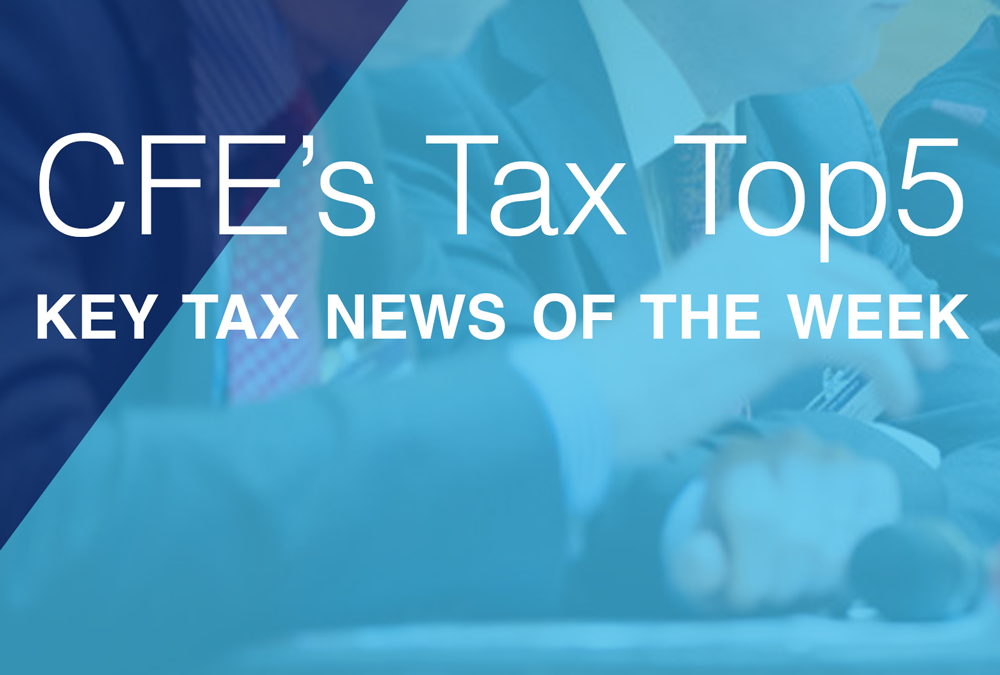State of the Union: EU Commission Plans to Introduce Windfall Tax on Energy Companies
On 14 September, EU Commission President von der Leyen delivered her State of the Union address. During her speech, she set out a range of measures being planned by the EU Commission to address soaring energy prices currently impacting the cost of living in Europe, including:
- A cap on the revenues of companies that produce electricity at a low cost;
- Measures for Member States to reduce their overall electricity consumption;
- A set of measures to be developed with Member States that take into account the specific nature of their relationships with suppliers of fossil fuels;
- Setting a more representative benchmark in the gas industry and decoupling the dominant influence of gas on the price of electricity.
The Commission estimates that the proposal to establish a cap/maximum price on revenues of companies producing non-gas electricity at a low cost will generate over 140 billion Euros for Member States to disperse to their citizens. Concerning the benchmark price of gas, President von der Leyen stated that the Commission will “work with market regulators to ease these problems by amending the rules on collateral – and by taking measures to limit intra-day price volatility”.
More details concerning the measures are expected in the coming weeks.
EU Commission to Launch BEFIT Consultation & Proposal
During her State of the Union Address on 14 September, EU Commission President von der Leyen confirmed that the Commission plans to proceed with a proposal for a single set of tax rules for doing business in Europe as part of a SME relief package.
The Commission’s consultation webpage sets out that the “Business in Europe: Framework for Income Taxation (BEFIT) will propose a comprehensive solution for business taxation in the EU. This initiative aims to introduce a common set of rules for EU companies to calculate their taxable base while ensuring a more effective allocation of profits between EU countries, based on a formula. It will also aim to reduce compliance costs and create a coherent approach to corporate taxation in the EU.”
The Have Your Say website indicates that a public consultation concerning the BEFIT proposal will be carried out in Q3 2022, and that a proposal will be adopted by the Commission in Q3 2023.
OECD: Action 14 Tax Dispute Resolution Stage 2 Peer Reviews Published
In the framework of the work undertaken through BEPS Action 14 and the improvement of tax dispute resolution mechanisms, the OECD has now published Stage 2 peer review reports for 13 jurisdictions, assessing the efforts by countries to implement the Action 14 minimum standard as agreed to under the OECD/G20 BEPS Project and the recommendations for the jurisdictions in the Stage 1 peer review reports.
The published reports concern the jurisdictions of Aruba, Bahrain, Barbados, Gibraltar, Greenland, Kazakhstan, Oman, Qatar, Saint Kitts and Nevis, Thailand, Trinidad and Tobago, United Arab Emirates and Vietnam. BEPS Action 14 seeks to improve the tax-dispute resolution mechanisms via the Inclusive Framework peer-review process, which looks into the compliance with the minimum standard reviewed and monitored by peer countries.
Czech Chamber of Tax Advisers & IFA Address Professional Ethics in Tax Advice
On 16 September, the Chamber of Tax Advisors of the Czech Republic (KDPČR) and the Czech Republic International Fiscal Association hosted a conference in Brno, on the topic of the “Use of technology in tax administration and the importance of professional ethics in taxes”.
Aleksandar Ivanovski, Director of Tax Policy at CFE spoke during the conference on the importance of professional ethics in tax advice, presenting CFE’s Discussion Paper on Professional Judgment in Tax Planning, discussing the role of tax advisers, their legal and ethical obligations, reputation and the status of the tax profession. The panel also discussed the meaning, role and place of the ethical standard/code/level in terms of the tax adviser profession and insight into similar professions, and to what extent one can find general global answers concerning level of professional standard and to what extent it depends on the common practice, context, expectations and usual patterns of behaviour in a particular country.
Forum on Tax Administration Publishes Tax Capacity Building Guide
Prior to the summer vacation, CFE Tax Advisers Europe published its EU Tax Policy Report covering the first semester of 2022. The EU Tax Policy Report is a bi-annual publication which provides a detailed analysis of significant primary law and tax policy developments at both EU and international level that have occurred in the previous six months which would be of interest to European tax advisers. It also includes an overview of selected CJEU case-law and relevant European Commission decisions.
We invite you to read the EU Tax Policy Report, and remain available for any questions or comments that you may have. The OECD’s Forum on Tax Administration has now published a guide developed to “assist tax administrations globally in designing and carrying out their tax capacity building programmes”, the Tax Capacity Building: A Practical Guide to Developing and Advancing Tax Capacity Building Programmes. The Forum on Tax Administration is comprised of tax administration officials from over 50 OECD and non-OECD countries.
United Kingdom’s HMRC Deputy CEO and Second Permanent Secretary, Angela MacDonald, said of the Guide, “Building tax capacity and capability is a central component of many OECD member countries’ development programmes. This guide by the FTA’s Capacity Building Network is aimed at supporting tax administrations at any stage of their capacity building programme, and with differing resource levels.”
The Tax Capacity Building Guide can be accessed here.
The selection of the remitted material has been prepared by:
Piergiorgio Valente/ Aleksandar Ivanovski/ Brodie McIntosh/ Filipa Correia

